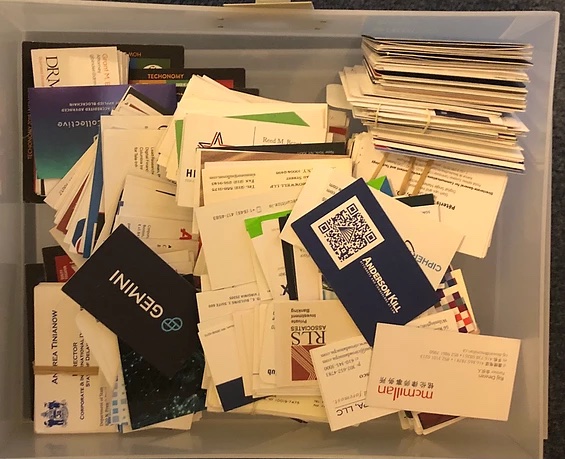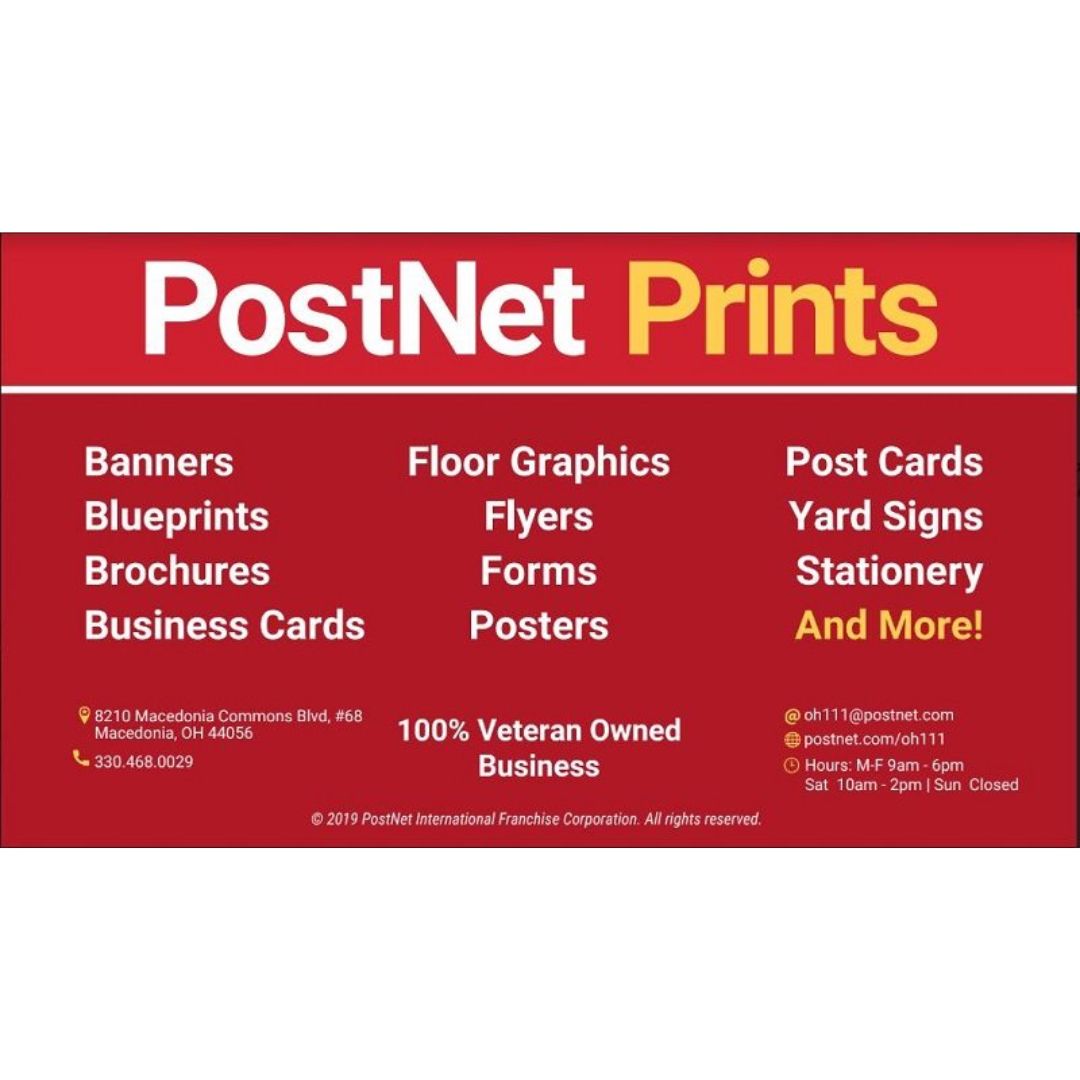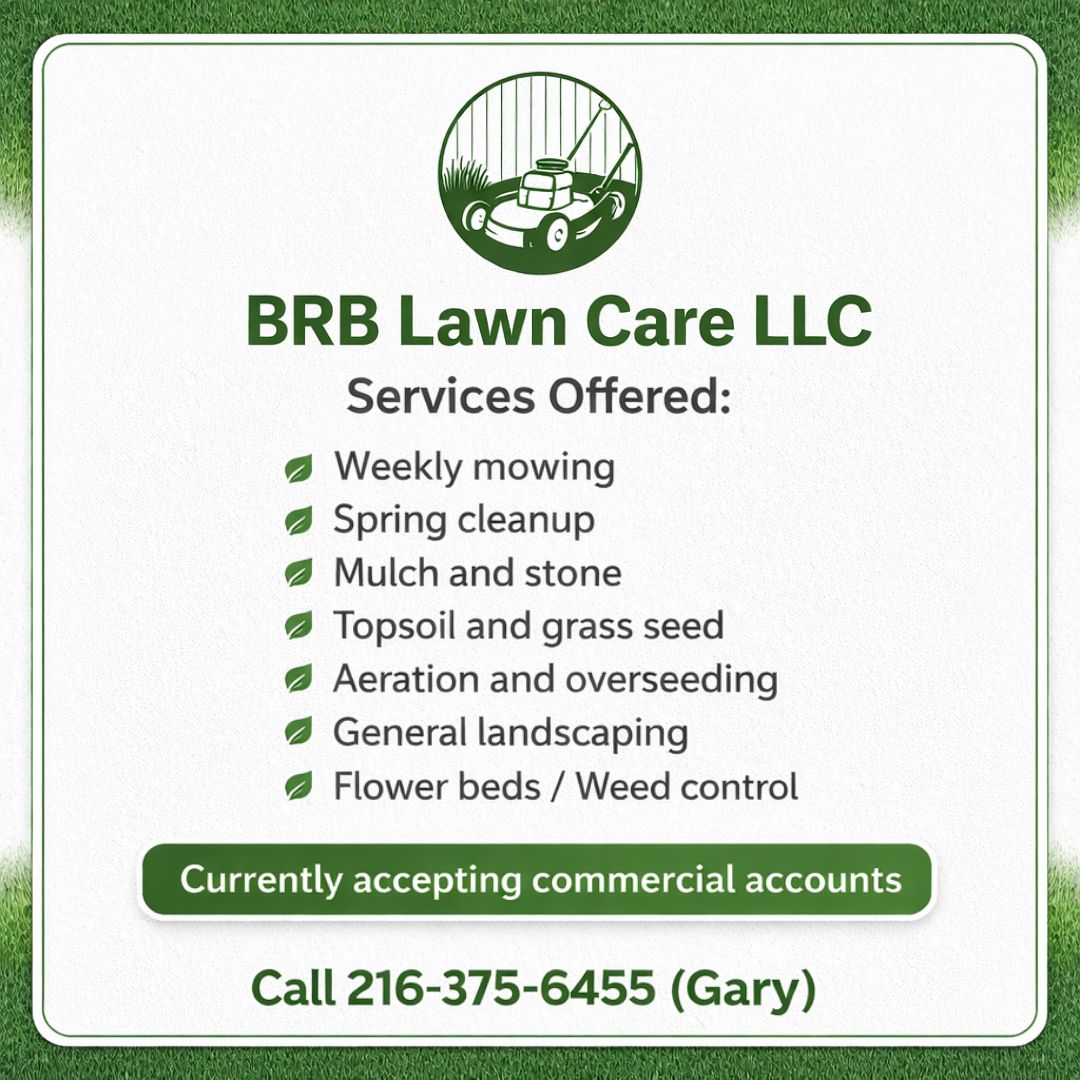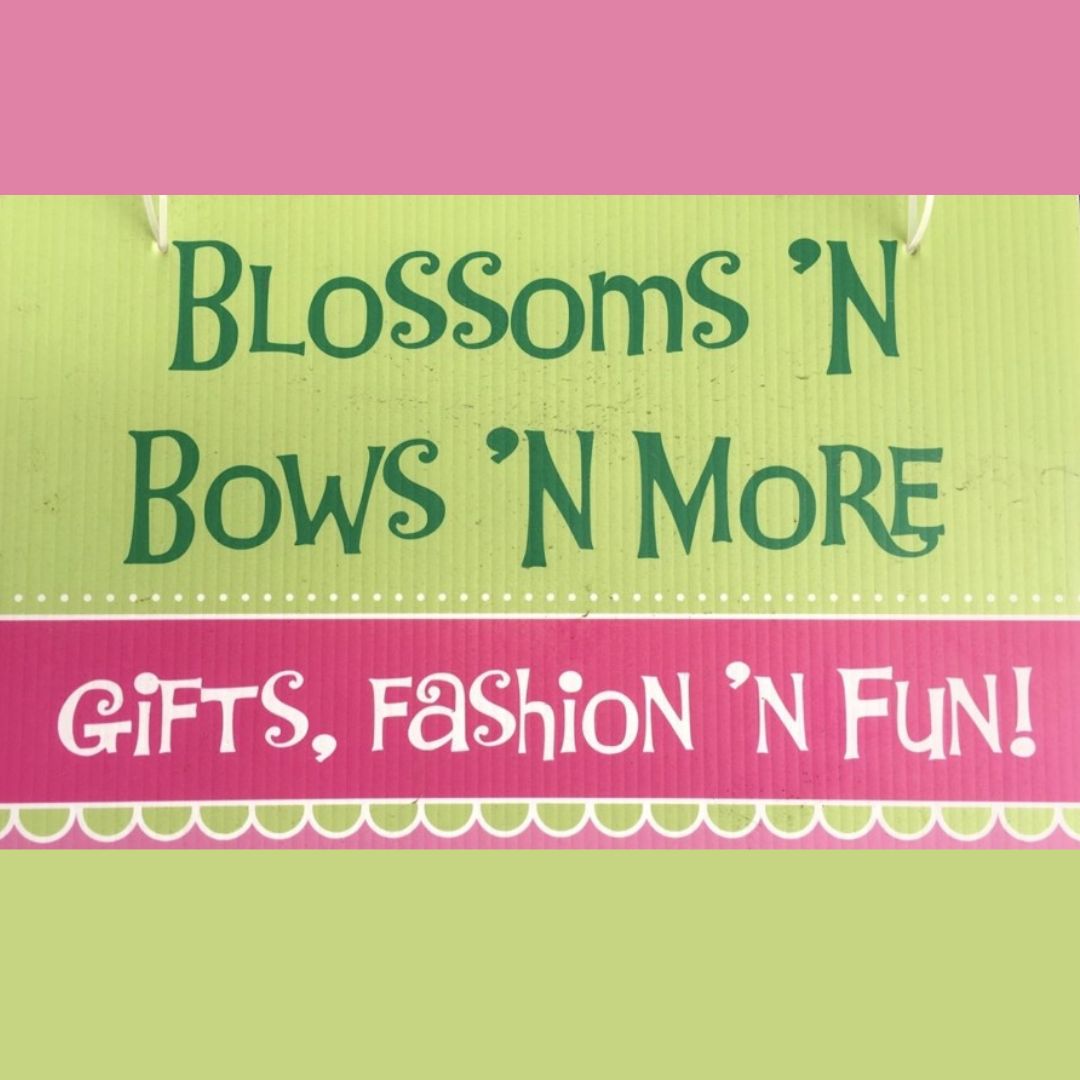By Andrea Tinianow, Connector-in-Chief, Connector Street
Our meetings and calls have become digital affairs, held over Zoom, WhatsApp and FaceTime. When we meet someone for the first time, we tend to connect with them over LinkedIn even before the call is complete, secure in the knowledge that we are now part of each other’s online network.
Now that we’ve stopped meeting in person and no longer head out to conferences and events, we don’t seem to have the need for business cards. Is this for keeps, or will business cards make a comeback after the pandemic?
“Probably not,” says attorney Greg Strong, “Even before the pandemic, I didn’t pass out business cards. I would just connect with people on LinkedIn.”
In the olden days, we would hang on to someone’s business card so we would know how to reach them in the future. Now, thanks to social media, including WhatsApp, WeChat, Twitter, Facebook and LinkedIn, we have ample ways to find and connect with people we meet.
I checked in with my friend Michael Marquardt, an international business advisor, to get his take on the utility (and longevity) of business cards. His clients span the globe, and he agreed that business cards have taken a back seat to social media. Nonetheless, Michael believes that when we get back to something resembling normalcy, we’ll once again exchange business cards with new business acquaintances and clients. It’s part of the ceremony — a ritual, if you will — of doing business globally, or at the very least in Asia and certain parts of Europe. Michael shared with me that he feels that a physical reminder of a meeting you may have had weeks ago, sitting on your desk, can make a lasting difference.
I agree that a physical reminder is helpful, and that the exchange of cards will continue to play a part in conducting business, especially internationally. However, business cards have a short shelf life. They sit on your desk for a few days (weeks), usually in a small pile of cards from the other people you met that day. Then they get stacked onto an even bigger pile, until they’re shoved into a shoe box with hundreds of other business cards you’ve been holding onto for a year or more. You know, just in case. I believe this, plus the pandemic, will ultimately contribute to a permanent decline in business cards.
But if business cards are vestiges from another era, do our social media platforms fill the gap? Do they spur our new business contacts and acquaintances to follow up and stay in touch? LinkedIn posts and tweets are de rigueur among those who are comfortable speaking their mind in a digital space. But for many of us, this type of social activity doesn’t come naturally.
Also, while social media encourages conversation, it can be noisy and can sometimes result in missteps. Business professionals have grown increasingly wary of oversharing and overconnecting via social media platforms—a healthy correction in my opinion.
So what other e-activities can recreate the business card experience? Well, one great way to make an impression when you meet someone for the first time is to introduce them to someone you know, someone who would be a good connection for them. It’s a small but powerful gesture. It shows your new acquaintance that you have really been listening and are invested in what they’re doing. It also shows that you keep your other connections top of mind and that you are a resource for the people in your circle. That’s huge!
But you need the right tool for the job. I recommend Connector Street, free in Google Play and the App Store. The app lets you connect two people in just a few clicks. Plus, the people you connect don’t need to be using the app.
When you make a connection, both people get each other’s picture, contact info and the ability to start texting or emailing right away. Plus, they both receive your contact info and photo. And your intro message lets you quickly explain why these people need to connect. Because they both know you, they’re very likely to follow up.
So, the next time you meet someone new, open the Connector Street app on your phone and offer to make an intro. The app saves every introduction you make and receive, so you can also follow up on your end, or search back to check on connections you’ve made.
In the coming months, once we start meeting face-to-face again, you may choose to forego the business card ritual. You won’t miss them, especially once you put Connector Street in the game. Remember, if you make introductions in the moment, right when you think of it, your intros become your calling card. No shoebox necessary.
Andrea Tinianow is a Delaware attorney and founder of the Connector Street app.
Andrea is a frequent speaker on a range of topics related to networking, innovation, blockchain technology and the law. You can learn more about her here. Watch Andrea’s TedX talk here. Read her Forbes.com articles here.























